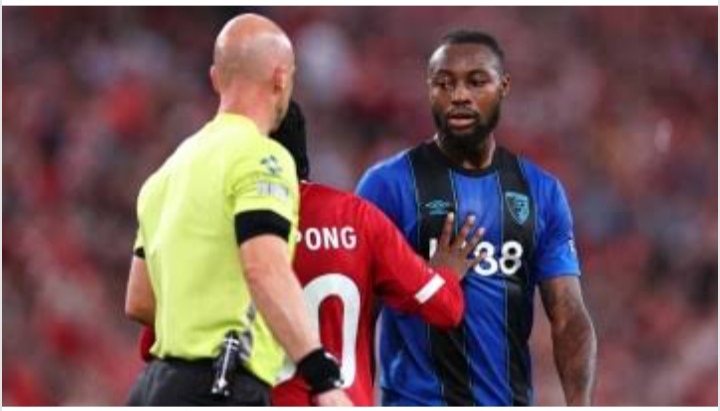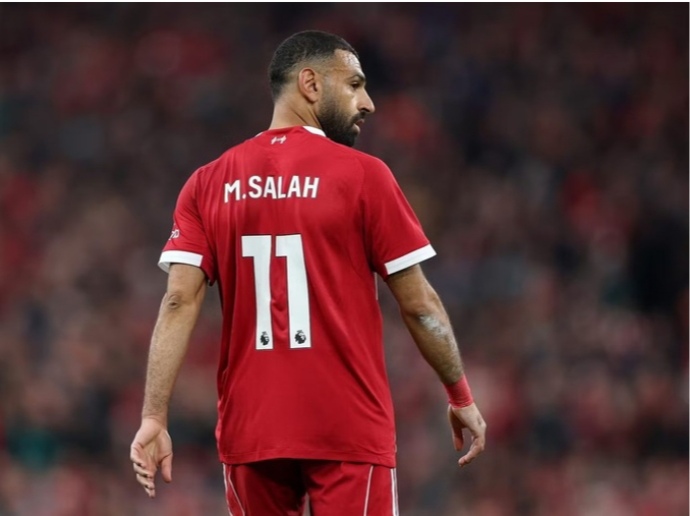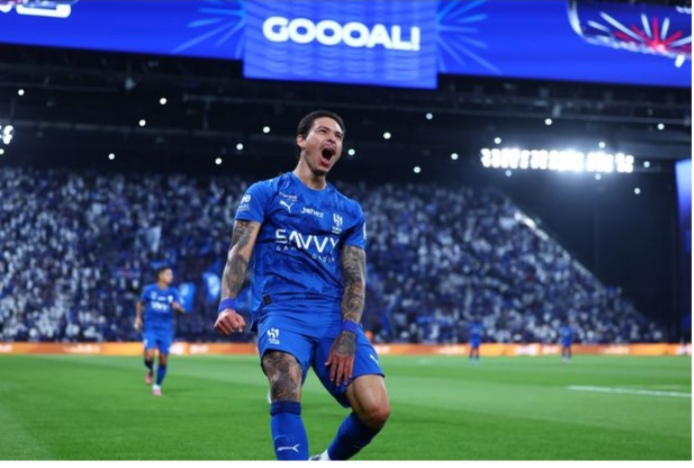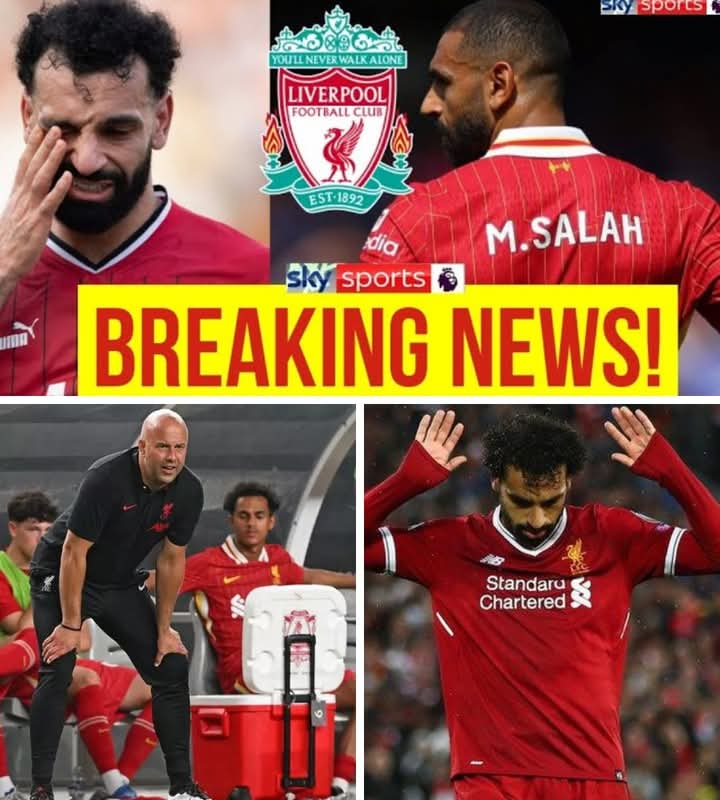In the 28th minute of what was meant to be a celebration of the Premier League’s return, football was brought to a sudden standstill. Not by injury, not by VAR, but by something far uglier and deeply shameful.
Inside Anfield, with more than 53,000 fans brimming with anticipation for Liverpool versus Bournemouth, an eerie silence spread as referee Anthony Taylor approached Antoine Semenyo. The Ghanaian forward had been subjected to racist abuse from the stands – a sobering reminder of a problem that continues to haunt the sport.
What followed was a brief but powerful pause, a two-minute interruption that forced players, officials, and fans to confront a reality that has no place in football. Yet what made the incident even more striking was Semenyo’s response. Rather than allow the abuse to overshadow him, he channeled his emotions into his game, scoring both of Bournemouth’s goals in a thrilling 4-2 contest. His resilience turned an attack on his identity into a statement of strength.
As captain Adam Smith later admitted, he was astonished by his teammate’s composure: “I don’t know how Ant’s played on, to be honest, and come up with those goals.” His words reflected the extraordinary mental toughness needed to perform while carrying the weight of discrimination.
The handling of the incident highlighted the progress football has made. Referee consultations with both managers and captains, documentation of events, and swift communication showed a system designed to protect players. Yet even more powerful was the instinctive solidarity: Bournemouth teammates rushing to Semenyo’s side, Liverpool players showing support, and Smith calling for immediate action.
Manager Andoni Iraola captured the frustration: “It’s a shame because it was a really great game of football, the first of the season, and instead we’re still talking about this.” His disappointment echoed the sense that football, despite its campaigns and commitments, remains vulnerable to moments that drag it backward.
The institutional response was clear – public condemnations, promises of investigation, and anti-discrimination messages. The abuser was identified, proving that vigilance and technology can hold individuals accountable. But the larger question remains: how do we build a culture where players never have to choose between speaking out and simply playing on?
Semenyo’s courage will forever be linked to his performance that night. The tragedy is that his two goals may be remembered alongside the abuse he endured, rather than for their brilliance alone. The hope is that his example inspires others to reject hatred and stand firm in the face of it.
This was not just an isolated act of racism – it was another reminder of football’s unfinished fight. But in rising above it, Semenyo reminded us all that talent, dignity, and resilience will always outshine ignorance. On Friday night, he didn’t just play football; he carried the fight for equality, unity, and respect.









